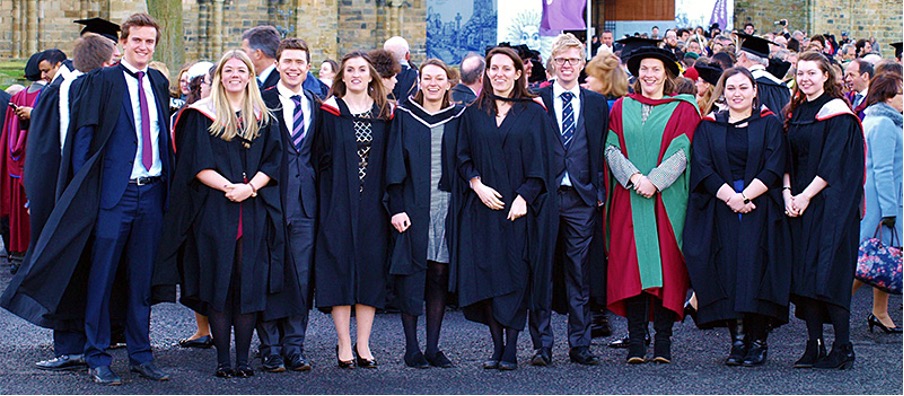Occupation Debris: Participatory Practices and Decolonisation of Archaeology in Palestine-Israel
Can displaced communities, who are physically unable to access their ancestral lands, renew a sense of ownership over their tangible cultural heritage and assert their agency over its use? Occupation Debris directly grapples with this challenge and devises new ways to address it. It does so through a participatory process that brings together community members and an international group of scholars. The team, which involves Noam Leshem, will assemble a unique cultural heritage repository of one village devastated by war and neglect, will jointly study this new collection and seek new ways through which it can potentially be used.
Our focus is on one Palestinian village-the Shi'ite village of Qadas in the Galilee region of Israel. During the 1948 Arab-Jewish War, the entire population of the village was forced to flee across the border to Lebanon and were never allowed to return. The village was looted and subsequently razed. In 2020, the first ever archaeological excavation of a destroyed Palestinian village began on the site, bringing to life a new material archive documenting Arab rural history in the region and its abrupt end. However, unlike other contexts where indigenous groups are able to use archaeology to assert agency over their ancestral land, recover their material culture and determine its use, many Palestinians remain displaced beyond the current borders of Israel. In practice, they are unable to access their former homeland, let alone initiate in-situ research processes or reassert ownership over their tangible heritage. They are far from unique: From Somalia to Myanmar, displaced communities around the world face similar challenges.
Occupation Debris seeks practices and tools that can enable displaced communities to remotely reassert their agency over ancestral lands and material heritage. In close collaboration with a group of young descendants of Qadas who reside in Lebanon, the project team assembles a comprehensive historical and material archive of a destroyed Palestinian village, studies its significance, and considers how this archive might be further used as a public resource. We place particular emphasis on the role that younger members of displaced communities ought to be given in cultural heritage research, seeing them as its custodians in the future. Our participatory approach fosters a genuine process for the co-production of knowledge, empowering key stakeholders that have been thus far excluded and emphasising experiences that have been ignored
The research team comprises geographers, archaeologists, historians and anthropologists, as well as regional researchers and community partners. With scholars from Israel-Palestine, Lebanon and the UK, the project is able to expand the historical and geographical scope of research, reaching communities and repositories that have never been considered together. During a year-long pilot phase, the team reviewed relevant data sources and archives; established preliminary contact with communities in Israel-Palestine, Lebanon and Jordan; and designed a digital platform to facilitate remote participatory research and future dissemination.
The stakes of this project are high. The political and cultural environment in which this research takes place is still laden with suspicion and enmities. Many of the issues we discuss are not consigned to history; for many communities, they remain part of their contemporary challenges. Yet the potential of this project far exceeds its risks: It entails the possibility of opening new scholarly frontiers across cultural geography, contemporary archaeology and settler colonial studies, while devising new pathways for displaced communities across the world to access hard-to-reach cultural heritage, and potentially determine its uses for future generations.
More information here.
Impacting the World
Our research across human and physical geography addresses pressing global challenges through projects focused on delivering social and environmental benefits.
Virtual Library
Much of our research takes final form in high-impact articles or books. But a considerable amount of our activity takes place in other mediums.
Postgraduate Study
Postgraduate study at Durham helps you to develop a range of high-level research, analytic, and communication skills that are transferable to multiple career paths. Our postgraduates are highly valued employees in government, third sector and private agencies, as well as academia.
Contact Us
Founded in 1928, the Department of Geography at Durham University is one of the leading centres of geographical research and education in the world.
Department of Geography
Postgraduate Study
Durham University
Lower Mountjoy
South Road, Durham
DH1 3LE, UK
Tel: +44 (0)191 33418000


/prod01/prodbucket01/media/durham-university/departments-/geography/Matt_Couchmann-3872X1296.JPG)

.png)



